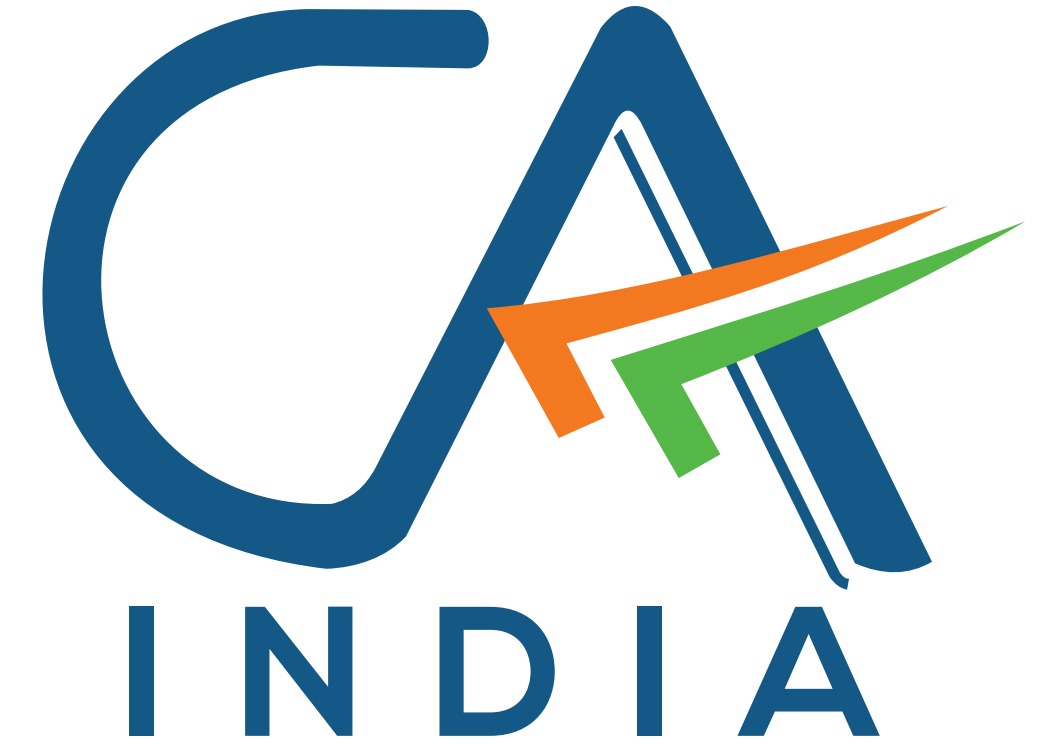Understanding Non-Performing Assets (NPA) Provisions For Cooperative Banks Under The Income Tax Act
Non-performing assets (NPAs) represent a significant challenge for cooperative banks, as they are loans and advances where the borrower has defaulted or is in arrears on interest or principal payments. The Income Tax Act provides specific provisions for cooperative banks to manage their tax liabilities arising from NPAs. This blog post will discuss these provisions in detail, with illustrations and relevant case laws for better understanding.
1. What are Non-Performing Assets (NPAs)?
Non-performing assets are loans or advances where the borrower has not paid the interest or principal amount for a specified period, typically 90 days. NPAs can lead to reduced interest income, increased provisioning requirements, and potential write-offs for banks.
2. Income Tax Treatment of NPAs for Cooperative Banks
Under the Income Tax Act, cooperative banks are required to follow the mercantile system of accounting. However, Section 43D of the Act provides a relaxation for recognizing income from NPAs. According to this provision, the interest income on NPAs shall be recognized only when it is received, rather than on an accrual basis.
- Illustration: Suppose a cooperative bank has an interest income of INR 10,00,000 from its performing loans and INR 2,00,000 from NPAs. Under the provisions of Section 43D, the bank will only have to pay tax on INR 10,00,000, and the tax on the NPA interest income of INR 2,00,000 will be deferred until it is received.
3. Provision for Bad and Doubtful Debts
In addition to the relaxation on interest income recognition, Section 36(1)(viia) of the Income Tax Act allows cooperative banks to claim a deduction for provisioning for bad and doubtful debts. This deduction is available up to a maximum of 7.5% of the bank’s total income, excluding capital gains and specific other incomes, and 10% of the aggregate average rural advances made by the bank during the financial year.
- Illustration: Consider a cooperative bank with a total income of INR 50,00,000 (excluding capital gains and other specific incomes) and aggregate average rural advances of INR 30,00,000. The bank can claim a deduction of up to INR 3,75,000 (7.5% of INR 50,00,000) and INR 3,00,000 (10% of INR 30,00,000) under Section 36(1)(viia) for provisioning for bad and doubtful debts.
4. Case Law
In the case of CIT vs. Karad Urban Co-operative Bank Ltd. [2006] 284 ITR 438 (Bom.), the Bombay High Court held that cooperative banks could claim a deduction for provisioning for bad and doubtful debts under Section 36(1)(viia), even if the bank had not made any provision in its books of accounts. The court ruled that the deduction should be allowed based on the statutory provisions, irrespective of the bank’s accounting treatment.
Conclusion
The provisions for NPAs under the Income Tax Act provide significant relief to cooperative banks in managing their tax liabilities arising from non-performing assets. By allowing income recognition on a receipt basis and deductions for provisioning for bad and doubtful debts, the Act supports the financial health of cooperative banks and helps them better manage the challenges posed by NPAs. Understanding these provisions, along with the illustrations and case laws discussed, will help cooperative banks to optimize their tax planning strategies effectively.
